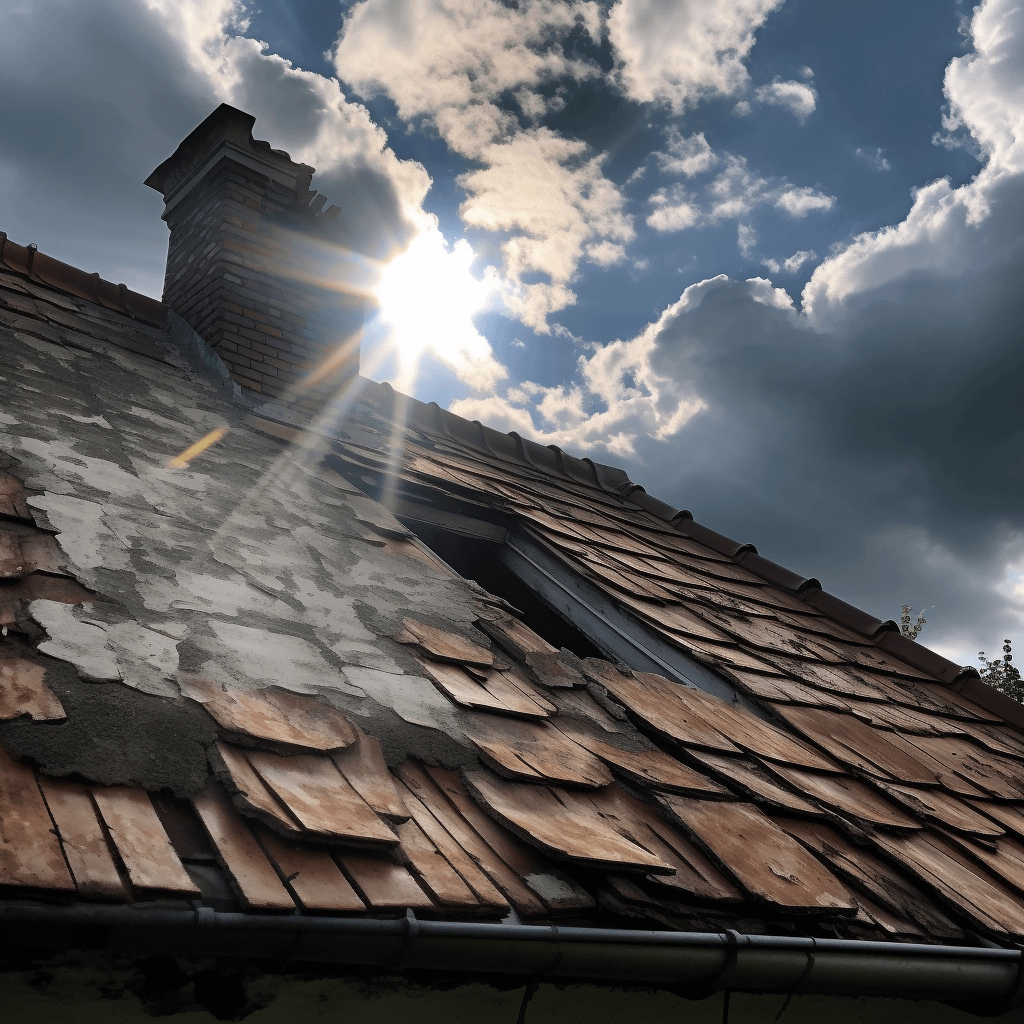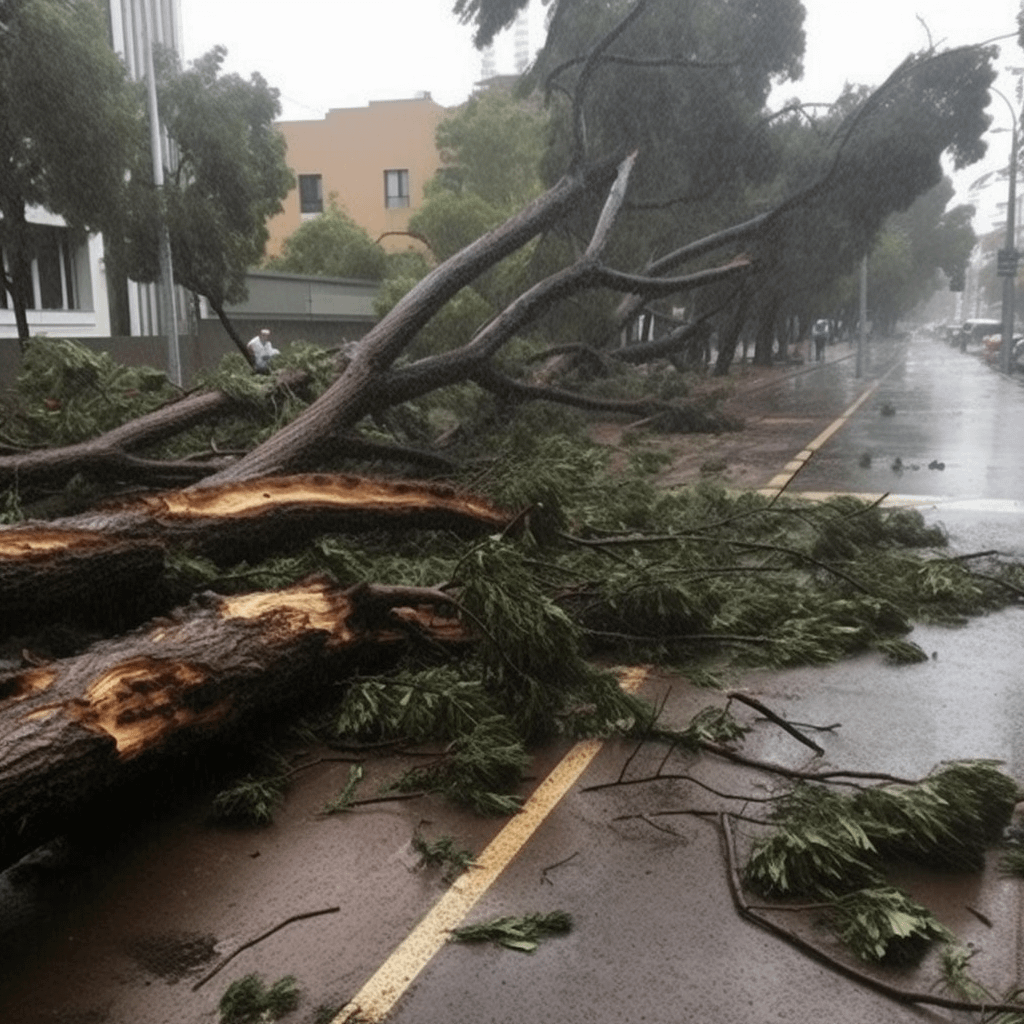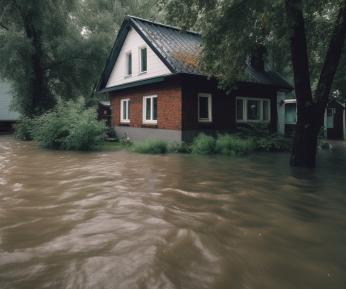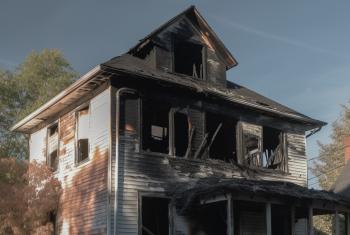Having a homeowners’ insurance claim denied can be frustrating. But sometimes, it is even worse than that — if your home has been ravaged by fire and your insurer is not paying, you may be stuck with little money and nowhere to go.
In these situations, it is important to remember that a denied claim is far from the end of the story. Whether through filing an appeal or working with an attorney, there is a good chance you can reach a positive outcome. First, however, you must understand why your claim was rejected.

Home Insurance Policy Exceptions that Lead to Denials
You purchase home insurance to protect yourself and your home. However, insurance companies primarily sell insurance to make money, so it is not surprising that most insurance policies have a laundry list of exclusions. The following are some of the primary exclusions that lead to insurance claim denials.
Natural Disasters
If a windstorm or fire has destroyed your home, your insurance will likely cover the damage. However, many homeowners do not realize that homeowners’ insurance does not typically cover all natural disasters.
Most basic policies will not cover damage from floods or earthquakes, though you may elect to purchase endorsements or separate policies to cover either or both.
Acts of War
Home insurance policies rarely cover acts of war. If they did, insurance companies could easily go bankrupt in the event of a war.
Deliberate Damage
Deliberate damage is usually excluded from both the property and liability sections of a homeowners’ insurance policy. For instance, if you set fire to your home because you want to collect the insurance money, the insurer will likely deny your claim. If an investigation reveals evidence of arson, you could also be charged with insurance fraud.
Most home insurance policies also will not pay for liability claims if you intentionally cause harm. For instance, if your dog unexpectedly bites your friend, your insurance will probably pay their medical bills. However, if you deliberately hit your friend with a baseball bat and cause major injuries, your insurer generally will not help you.
Pre-Existing Damage
If your home has pre-existing damage that is in any way related to your claim, the insurance company may underpay your claim or deny it altogether. In some instances, dishonest insurance companies may cite pre-existing damage as a reason for denial, even if the damage is not related to your claim.
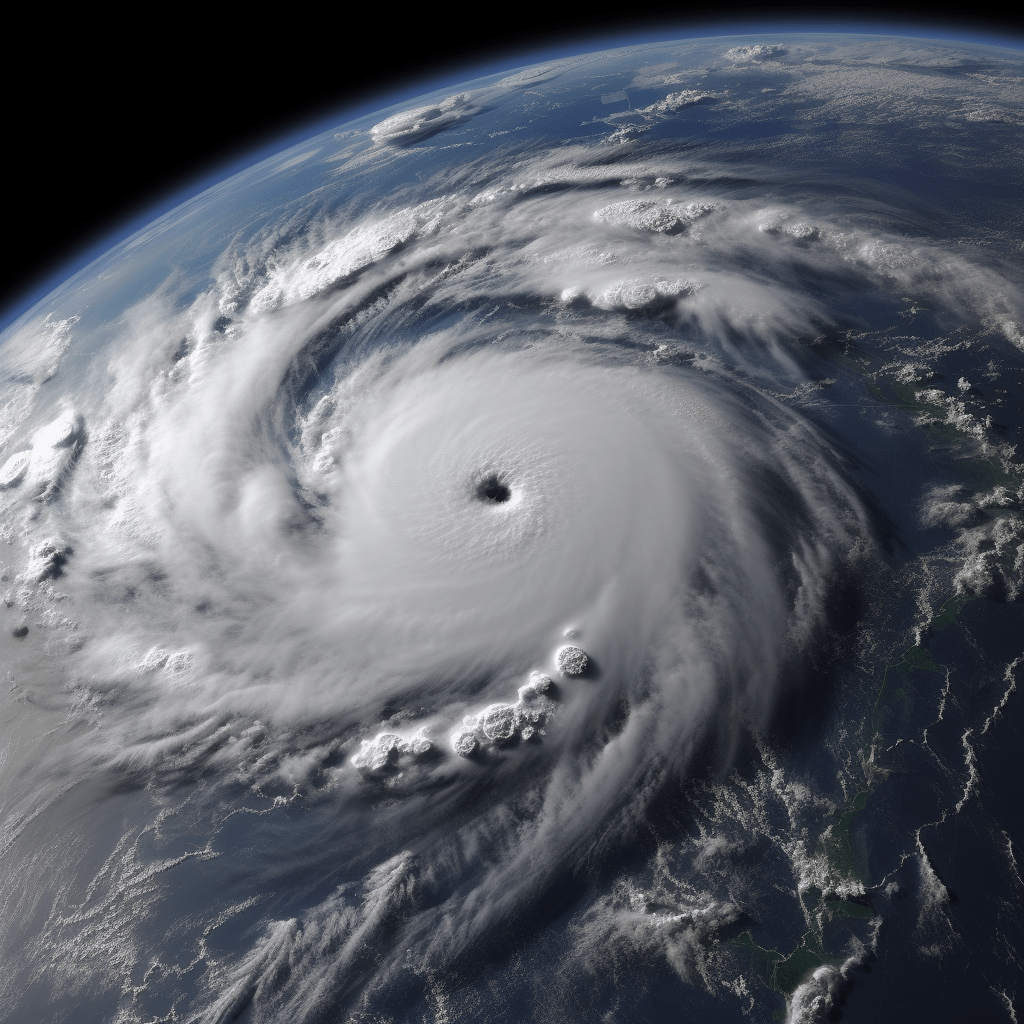
Reasons Why Homeowners’ Claims Are Denied
When can a home insurance company reject a claim? If you have ever had the misfortune of having a claim denied, you may already know that policy exclusions are not the only reason insurance companies deny coverage. Here are some common reasons insurance companies cite when denying claims:
Insufficient Coverage
Your homeowners’ insurance provider may underpay or deny your claim if you have insufficient coverage compared to the value of your home. This is sometimes called “underinsurance.”
It is important to understand that if your home is underinsured, most insurance companies will reduce any payout in proportion to the underinsurance amount. For example, suppose that your home is worth $400,000, but you have insured it up to $200,000. Your roof is badly damaged in a storm, so you submit a claim for $20,000.
When the adjuster investigates your case, they discover that your home is underinsured. Because the house is insured for half of its actual value, the insurer might pay only half of your claim, meaning you only receive $10,000 instead of the $20,000 you asked for.
Fraudulent Claim
If you file a fraudulent claim or one that includes elements of fraud, it will most likely be denied. However, to help protect homeowners from baseless denials, most homeowners’ insurance policies have what is known as a final adjudication clause, which states that a claim may only be denied for fraud if a court finds the homeowner guilty of fraud.
Final adjudication clauses can impact your finances beyond the claim denial alone. For instance:
- If the court finds you have not committed fraud, the insurer will pay for your legal defense.
- If the court finds you guilty of fraud, the insurer will reclaim any funds it spent on your defense.
To reduce your risk of being accused of fraud, you should always include thorough documentation with your claims and describe your issue as accurately as possible. Never exaggerate in an attempt to recover more compensation.

Missed the Filing Deadline
Filing deadlines can vary based on the type of claim, your state of residence, and the terms of your insurance policy.
You will often have up to a year after the date of the damage to file. However, it is best to file a claim as soon as possible to avoid accidentally missing a deadline and losing any chance of compensation you may have had.
Lack of Proper Documentation
When you file a claim, the insurance company cannot simply take your word for it that your home has been damaged. You must be able to prove the nature and extent of the damage, and the more documentation you have, the better.
Some of the types of evidence you might submit with your claim include:
- Photos or videos of the damage
- A copy of a police report if a crime was involved
- A written record of damage (including the date and time it occurred)
- Photos of any temporary repairs you have had to make
- Receipts for temporary repairs
- Receipts for temporary relocation
- A list of damaged property and its value (with receipts, if you have them)
- Repair estimates from local contractors
Generally speaking, photo and video evidence of the damage is the most important form of evidence.
It may take time to inventory lost property and receive estimates from contractors. However, many insurance companies allow you to file a claim to start the process and upload or send more evidence in the following days or weeks.
Lapsed Policy
To keep your homeowners’ insurance active, you must pay your premiums in full and on time. However, being a few days late will not typically cause your policy to lapse. Most insurance companies give policyholders a grace period (normally 30 days) after a missed payment.
If you pay your premium within this period, your coverage will not lapse. However, if your insurance lapses and your home is damaged, your insurance will no longer cover you.
Negligence
Your insurance company would not pay a claim if you intentionally damaged your home. By the same token, it may not pay if negligence on your part led to the damage. Here are some examples of negligence that may result in a claim denial:
- Causing a fire by leaving a stove unattended
- Having your sewer back up because you did not address a tree root growing in a pipe
- Experiencing a termite infestation because you failed to monitor for termite activity
- Suffering from water damage caused by an ongoing water leak you knew about
Similarly, your claim may be denied if you fail to make temporary repairs to prevent further damage. For example, if a tree creates a hole in your roof, most insurers will pay to repair the damage. However, if you do not put a tarp over the hole and your home is severely water-damaged as a result, your claim could be rejected.
Legal Practice Areas
Contact us for a free consultation.
Bad Faith Insurance Attorney
Insurance Dispute Lawyer
Property Insurance Dispute Lawyer
What Percentage of Homeowners’ Insurance Claims Are Denied?
The exact percentage of homeowners’ insurance claims denied will vary depending on who you ask. However, a recent study of home insurance claims yielded some informative statistics:
- Roughly 28% of homeowners file claims on their insurance
- Of those who file claims, 63% receive a full payout, and 31% receive most of what they asked for
- About 16% of homeowners have their claims denied outright
The same study also dove into the most common reasons for denials, which include:
- Not realizing the policy did not include personal belongings coverage or other specific features (24%)
- Special policy conditions (20%)
- Negligence or failing to exercise reasonable care (19%)
- Not paying premiums on time (18%)
- Not following the claims process/being unaware of exclusions (16%)
This study is a cautionary tale for any homeowner who wants to avoid having a claim rejected in the future.
While there is always a possibility that your claim could be denied in bad faith, you can reduce your risk of denial by thoroughly understanding your policy and its exclusions, taking care to avoid accidentally causing damage, understanding the claims process, and paying all premiums on time.

How Do Insurance Companies Determine Pre-Existing Damage?
While it was not specifically noted in the aforementioned study, pre-existing damage is another reason insurers frequently underpay or deny claims. When can a home insurance company reject a claim based on pre-existing damage?
Many homeowners are surprised to learn that insurance companies can often find out about pre-existing damage even when it is not reported. That is because insurers have access to two large databases: the Automated Property Loss Underwriting System (A-PLUS) and the Comprehensive Loss Underwriting Exchange (CLUE)
These databases go back several years, and they include information on past damage homeowners have reported and claims they have filed. If you purchased your home from someone else, the databases will usually have information on any damage the previous owner reported as well.
However, databases are not the only way insurers identify pre-existing damage. Insurance adjusters who inspect your home after a claim can often tell if there was pre-existing damage that contributed to your current claim.
Does Homeowners’ Insurance Cover Water Damage?
Water damage coverage is a complex topic. The short answer is that homeowners’ insurance will cover some kinds of water damage, but not all. In general, if your home suddenly experiences water damage (like when a pipe bursts), your insurance will cover it.
However, most policies exclude the following types of water damage:
- Damage due to lack of maintenance (like a slow leak that has gone on for months)
- Damage due to flooding
Basic homeowners’ insurance policies rarely, if ever, extend flood coverage. To get it, you must usually purchase separate flood insurance.
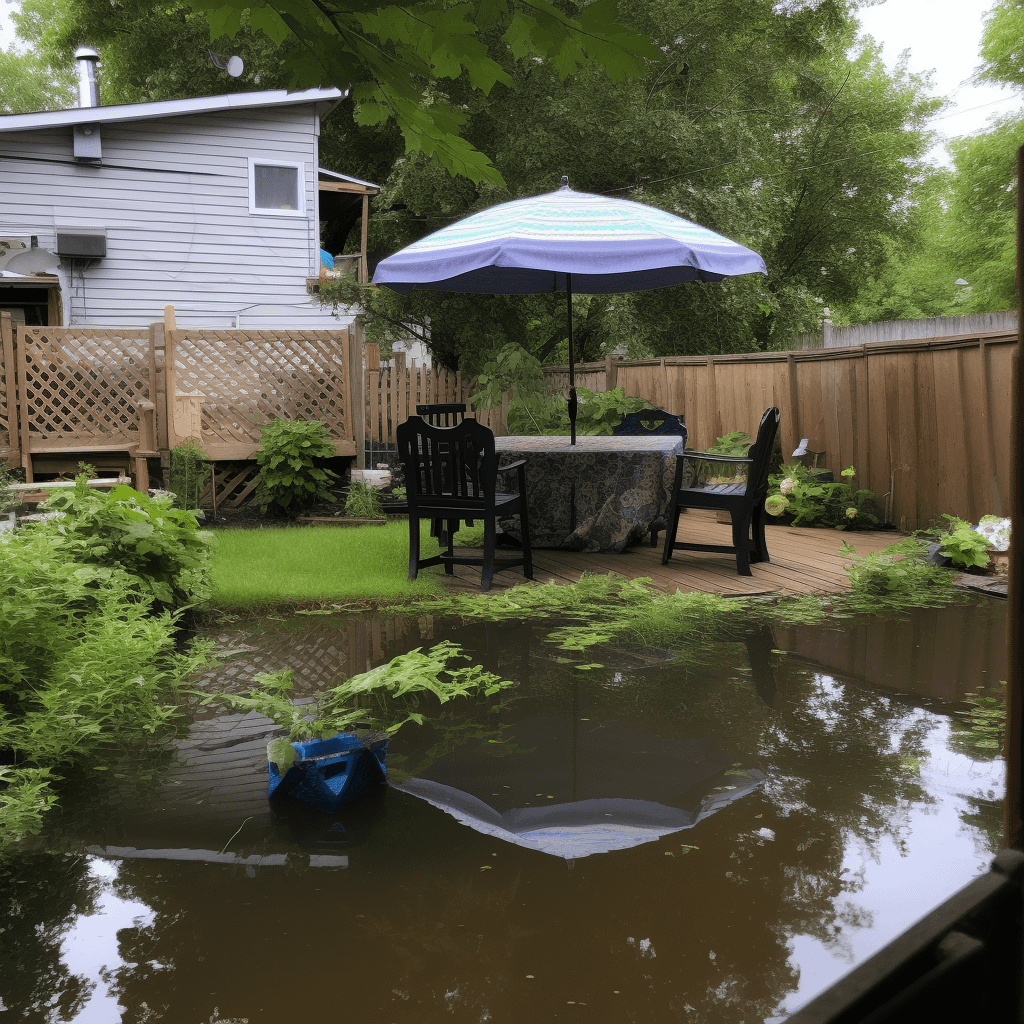
Does Homeowners’ Insurance Cover Fire Damage?
Your homeowners’ insurance coverage will most likely include fire damage, provided you did not start the fire intentionally. However, there are several types of fire coverage to consider. Dwelling coverage protects the structure of your home and is included in most policies, but you might consider purchasing additional coverage for your property.
You may also want to include “loss of use” coverage, which will pay your living expenses while your home is being repaired or rebuilt.
How to Fight a Denied Homeowners’ Insurance Claim
If your homeowners’ insurance claim has been denied, you should take the following steps:
- Read the denial letter thoroughly to determine the reason for the denial
- Contact the insurance company if the denial is unclear
- Discuss the claim with your insurer if you believe it should be paid
- File an appeal (ideally with the help of an attorney) if your insurer still denies the claim
Most insurance companies will fairly assess claims before issuing a denial. However, some companies deny claims in bad faith. If you think your insurer is unjustly denying or underpaying your claim, contact an attorney as soon as possible.
Do You Need a Lawyer to Help You Appeal a Denied Homeowners’ Insurance Claim?
In nearly every case, working with a lawyer is the right choice when appealing a denied claim. The team at Wallace Law has helped countless homeowners through this process.
By gathering all necessary paperwork, submitting additional documentation, and negotiating with the insurer on your behalf, we may be able to secure a greater payout for you. We may also be able to help you file a claim with your state’s commissioner of insurance.
Talk to an Insurance Claims Denial Lawyer if Your Home Insurance Claim Was Rejected
If you have had an insurance claim denied, you have options. Wallace Law helps homeowners obtain the funds they need to repair or rebuild their homes after disaster strikes. In cases of bad faith, we can even file lawsuits against unethical insurance companies.
We understand how stressful the claims process can be, and we are here to support you as you navigate it. Contact us today to schedule a free consultation.


